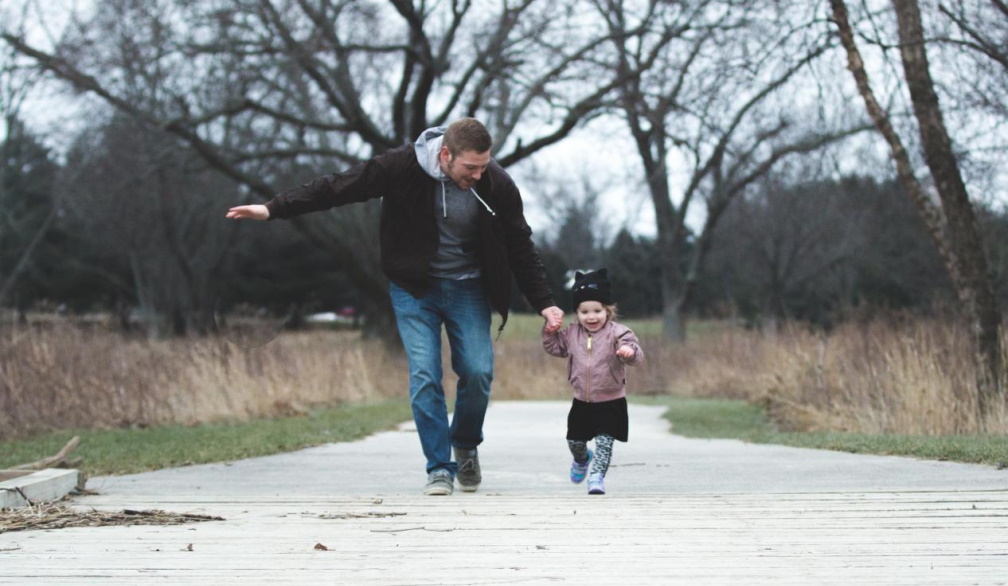6 Parenting Tips That Will Benefit Your Child for Years to Come

It is a well-established fact that primary education begins at home. Through the family, a child gets their first experience of socialization, whereby they learn how to distinguish between acceptable and unacceptable behavior. The family is responsible for instilling in the child certain traits that would benefit them during their life.
Parenthood, while being a lovely experience, is a massive responsibility. Parents are not only responsible for taking care of their children but are also responsible for their early and long-term development. Therefore, those who take this responsibility seriously ultimately pave the way for their child's development into a healthy and responsible individual. This is because the traits that a person develops in the early stages of their life leave a lasting mark.
There is a lot of emphasis on expecting parents to learn about parenting before they welcome their child into the family. This way, the parents are prepared for what to expect, and they form a strategy to instill in their children all the traits they need for healthy development. There are many online and in-person programs available to help parents understand the process of taking care of their children and focusing on proper childhood development.
We have crafted this guide to offer some tips for good parenting and discuss the implications they have on the long-term development of children.
-
Show Affection
Parenting is not merely about responsibility, but it is also a manifestation of parents' love for their children. This love needs to be expressed in subtle and explicit ways for healthy development. This way, a child’s emotional needs are taken care of, and the attachment they form with you paves the way for the introduction of further guidance and development. Therefore, show affection to your kids and play with them so you can strengthen your bond with them.
-
Do Not Shout At Them
Children make mistakes, but they are naturally inclined to make mistakes as they learn to socialize in the family. If you shout at them, it causes them distress, which is not healthy for their emotional growth, leading to worsening behavior. You should be gentle with your reaction to their mistakes. Try to explain things gently. It is always good to prepare yourself in advance for circumstances you might encounter later. You should train yourself to respond to different situations beforehand so that when you encounter a situation, your first reaction is your best.
-
Sexual Abuse Prevention
You need to teach your children ways to keep themselves safe from sexual abuse. Teach them body boundaries and private parts early on. You should tell them not to allow anyone to touch their private parts or even take photographs of them. Also, encourage them not to stay silent when someone threatens them. Instead, encourage them to discuss the matter with you. You also need to monitor your child’s behavior to spot any unusual signs to take timely action.
-
Encourage A Positive Attitude
If your child comes to you with a problem they are afraid of tackling, you should encourage them to face it head-on. This could range from a sport they are into or a subject they are not doing well in. This should be done gently, and you should not make it about victory or defeat. Rather, you should help them cherish the experience. If they enjoy the process without any expectation, they are more likely to do better the next time around. This positive attitude would have long-term implications as the child grows into an adult.
-
Encourage Creativity
Children are imaginative, and this leads to creativity. Therefore, instead of rubbishing creative tasks as meaningless, you should encourage them to do them. A creative mind is a healthy mind, and children who retain their creativity till adulthood tend to be more innovative and are likely to think out of the box. So, give them puzzles and art supplies and watch as they channel their creativity. If they create a mess, you can gently explain to them the importance of cleanliness.
-
Give Them Responsibilities
You need to teach children responsibilities, which could range from cleaning their room to caring for a household pet. This helps them develop a sense of responsibility, which would help them evolve into responsible individuals. So, the process primarily begins at home, and it is best if you let children do things on their own. Of course, supervision is necessary, and until you can trust them to take care of themselves, you need to be around to see that they do not land themselves into trouble.
As the above-mentioned tips show, the steps you take now would have long-term implications. Therefore, you need to be considerate in your parenting strategy. The tips outlined in this article apply equally to expecting parents and new parents.
